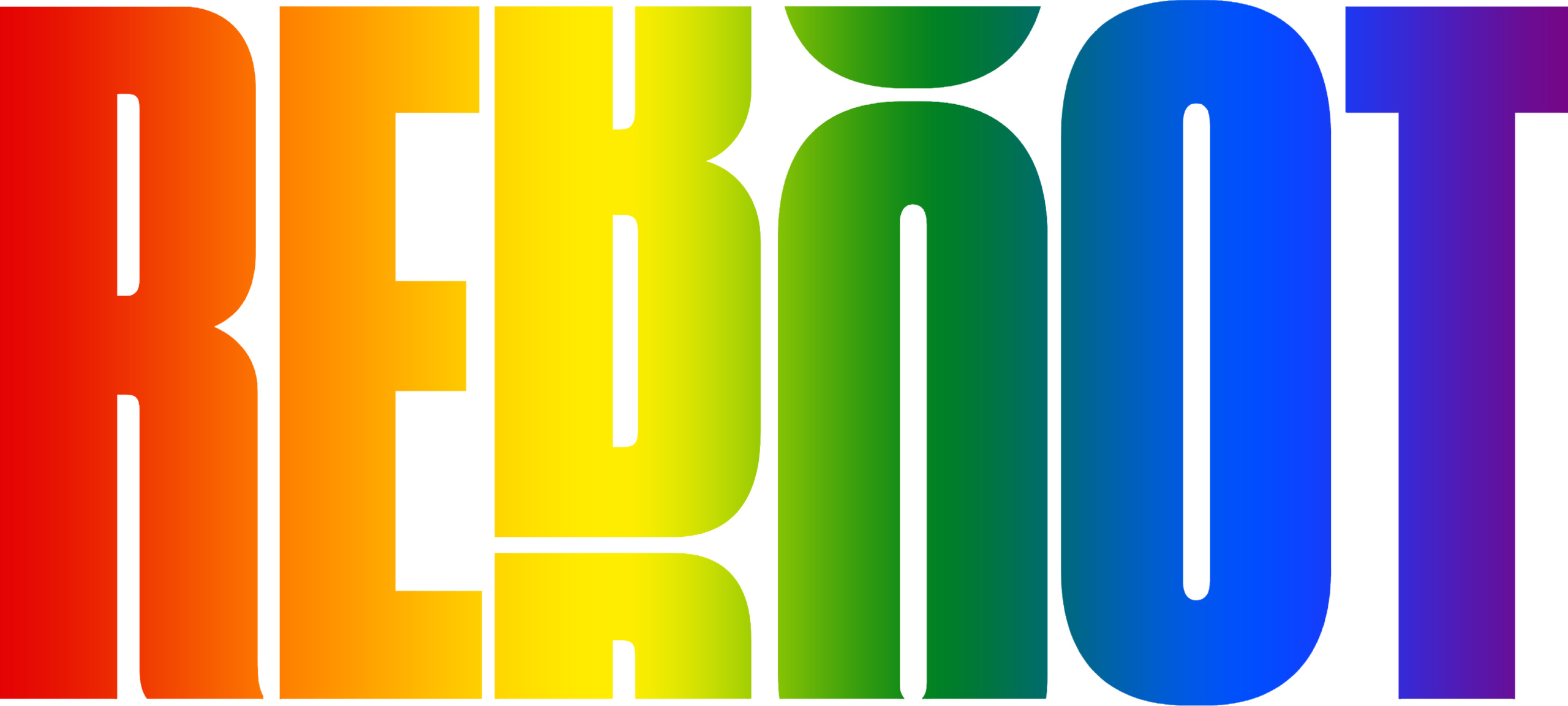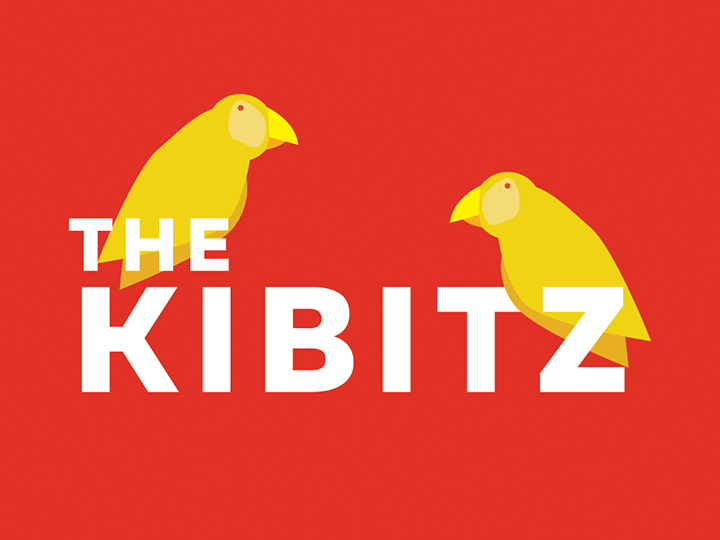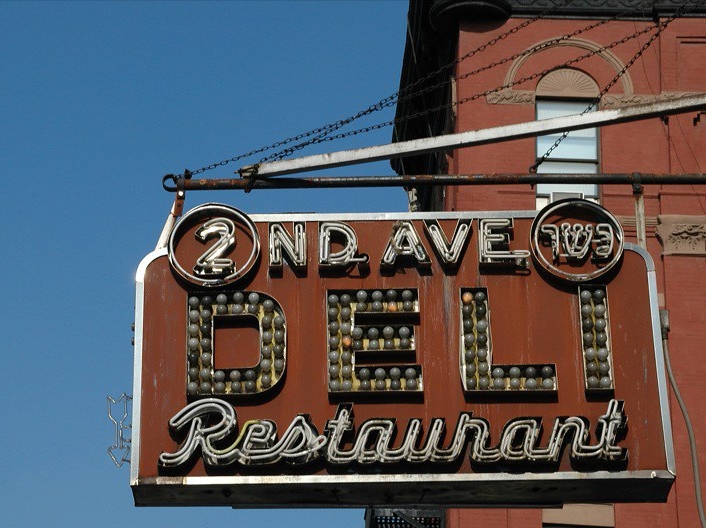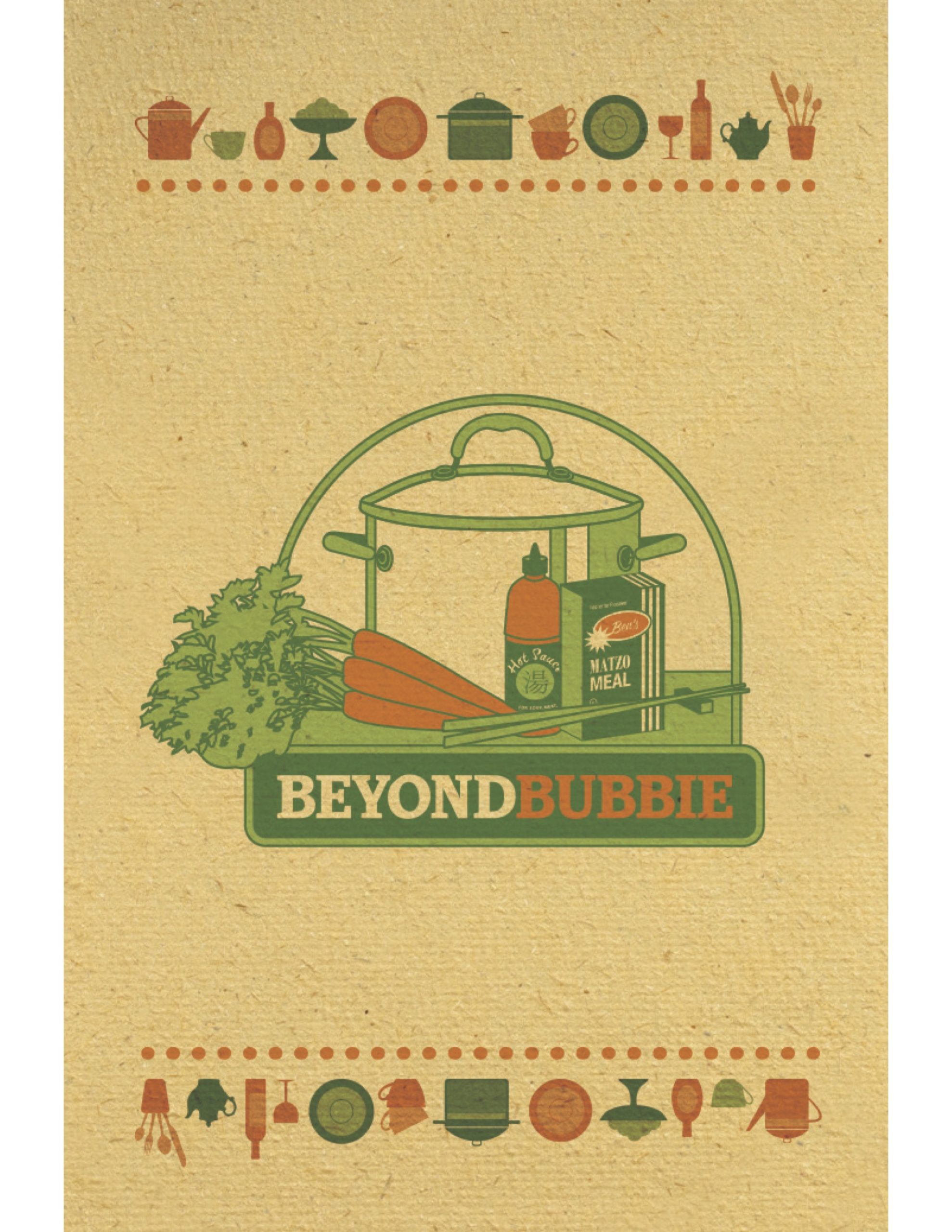Finding Jewish Reality in Line at the Bakery
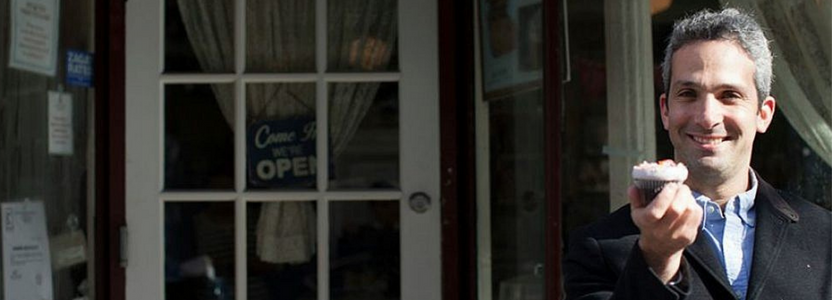
Reboot Network Member David Sax writes about the importance of physical community, face to face interactions, and the physical pleasures of Jewish living (like delis). He should know, he has a new book out called The Future is Analog.
Stop me if you’ve heard this one…
A Jewish man in his early forties walks into Toronto’s Harbord Bakery one Friday afternoon during the height of the pandemic. Despite his justified fear of indoor spaces, and the certainty of a big eruv–shabbat crowd, he is there on a challah mission. For the past few months, he has been in a self-imposed exile, living with his family at his mother-in-law’s country house, two hours outside the city. In that rural area, there is no challah you can buy at a store, so he has been baking his own bread, a task that has given him much joy, even as he digs for expired yeast and decent flour in the supermarket aisles, and wrestles the misshapen ropes of dough into a rough braid. Today, back in his hometown for the first time since lockdown, he is determined to get the Harbord Bakery challah…his gold standard.
The line is long, the people masked, the mood tense but friendly. The man slowly shuffles along inside the crowded Jewish bakery, the city’s oldest, which is still run by the Kosower family, which manages the crush of customers with a strict but loving hand. He fills his basket with goodies – Israeli jams and rugelach, pinwheel cookies and onion buns, before securing his two precious challahs (the other one is for his parents). But when he gets close to the cash register, there’s a commotion of some sort holding everything up.
“What do you mean you don’t have poppy seed Danish?” an older woman asks the head baker, her voice rising with tremendous disappointment. “You always have them! I drove downtown all the way today just for those Danish!!!”
The baker tries to explain that they don’t bake poppy seed Danish everyday. That Fridays are particularly busy. That the pandemic restrictions have reduced their staff, and some items have been available less frequently. He points to other items she might like, including a poppy seed loaf, but the woman is having none of it.
“I don’t understand!” she shouts into the air, making sure everyone in the bakery can hear her. “Poppy seed is the most delicious Danish! I love them!!! Why do you think I came all the way here??? I’m not leaving without that Danish!!”
But despite her rage, and the chutzpah it takes to hold up a line of hungry Jews uncomfortably standing indoors during a pandemic, breathing hot air in their masks, as the weight of their breads and bagels and other Danishes burden their arms…there is nothing she can do. The bakery is out of poppy seed Danish, and in a huff, she storms off. The staff at the bakery roll their eyes and let out a sigh, and I step up to pay.
“Anything else?” the baker asks me.
“Actually,” I say, “Do you have any poppy seed Danish?”
I don’t know why I love that story so much, but it is honestly one of my favorite moments from the past few insane years. There’s something about that experience that just gave me everything I needed in the moment: a real-life Curb Your Enthusiasm scene that reminded me exactly what I want out of Jewish life, now and in the future.
For years, I’ve been hearing about the digital future of Judaism, and how the combination of hardware, software, and social media was poised to transform Jewish life. This would include everything from synagogue and other religious rituals and traditions, to the pillars of secular, cultural Jewish life, from music and arts, to food and comedy. There were experiments and interesting initiatives – blogs and websites, music labels and streaming services, virtual gatherings and disparate communities brought together by 1s and 0s, and many of them were downright amazing. In the future, we would be able to be Jewish anywhere and everywhere, with the flick of a finger.
But then, suddenly, digital Jewish life was all we had, and I hated it. Somewhere between the first Zoom challah baking class and our Zoom seder, I realized that my own Jewish future had to be analog…offline, in-person, and decidedly physical, which is one of the reasons I shlepped to Harbord Bakery that afternoon.
I came for the challah, sure. But more than that, I came to fully immerse myself into my community, even briefly, like a bride into a mikvah. I had done the virtual, digital Jewish thing for months, and it had sustained me, like tasteless manna in the Sinai. I’d been to Zoom bar and bat mitzvahs, baby namings, weddings, and even shivas. I’d joined cultural discussions with my friends from Reboot, talking about art and politics and a Jewish creative lens on the pandemic. I’d even attended a weekly Zoom kaddish prayer that was uplifting and meaningful. But I needed more. I needed to feel part of a community…a physical community where I could smell Jewish smells, see Jewish sights, feel Jewish textures, and hear Jewish voices making jokes with Jewish timing. Harbord Bakery offered that up instantly.
A Jewish community is many things. It can be an institution (synagogue, school, summer camp, bakery), a shared sense of interests (JCC baseball league, mah jong group, cultural collective like Reboot), or a place (New York City, Montreal’s Mile End, Israel). Some of this can be created and managed online, but at its most alive a Jewish community is a flesh and blood thing, brought together in person, however often it can manage. For months, I had been cut off from that, and craved it so desperately, and in that brief moment in the bakery, I was revived as a Jew in the world.
I remember coming home that afternoon, laden down with far more carbs than my wife expected, gushing about the scene I’d just witnessed. I told the story over and over, mimicking the particular angst in the woman’s voice, as she threw a tantrum over her Danish, with a sort of unbridled glee.
“Ok,” my wife said. “I get it.” But I don’t know if she did. I experienced many beautiful, thoughtful Jewish programs and moments online over the past few years, but none of these compared to even the most basic in-person, analog Jewish moments – a Kol Nidre service in a parking lot, frozen Hannukah gatherings in icy playgrounds, lighting shabbat candles in my backyard with neighbors, a few minutes of masked kibbitzing picking up sandwiches at Pancer’s Original Deli.
What I had found in that brief stop at Harbord Bakery, with all its drama and comedy, was exactly what I’d hoped for…a visceral reminder that despite our forced disconnection and the new paths many were building online, the communal analog Jewish experience would ultimately triumph. That all you needed to do was bring a few Jews together in one place, and by doing that, you would instantly feel more Jewish.
We can organize community digitally. We can offer it services and content, ideas and tools via various online platforms. But a true community isn’t virtual. It is a kinship of people that beats strongest when they are brought together as one. Digital technology can help that, but like a lesser Danish when your heart is set on poppy seed, it cannot ever replace it.
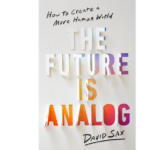
David Sax is a writer and journalist, who has written several bestselling books, including The Revenge of Analog, Save the Deli, The Tastemakers, and the Soul of an Entrepreneur. He lives in Toronto, Canada, a city that has too few Jewish delis, but many wonderful Jewish bakeries, which apparently serve great poppy seed danish. Find out more at saxdavid.com.
